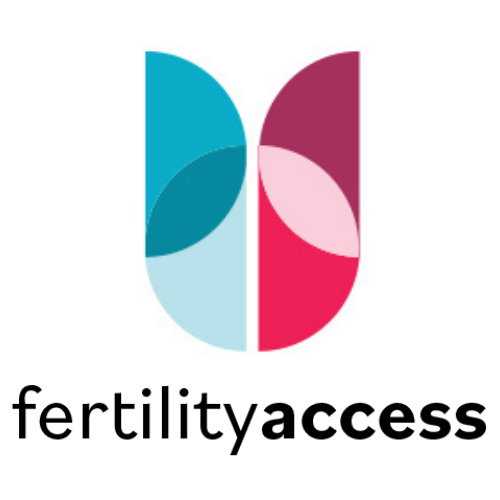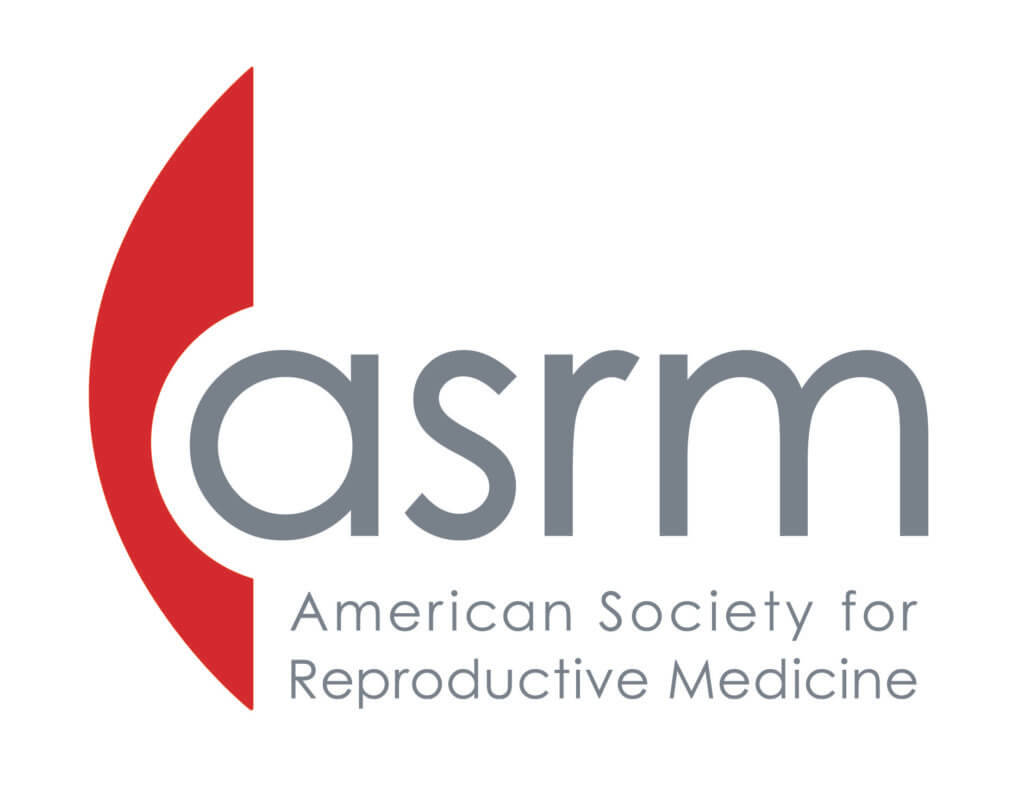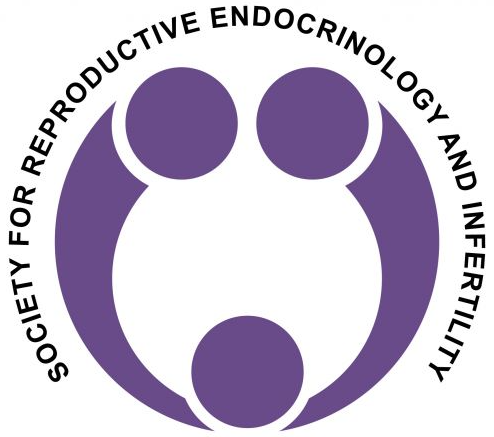What is IVF?
IVF (in vitro fertilization) is one of the most effective forms of assisted reproductive technology used to treat fertility or genetic problems and to assist with conception. IVF is performed when mature eggs are retrieved from the ovaries and fertilized by sperm in a lab, creating an embryo. The fertilized egg (embryo) is then implanted into the uterus.
Why is IVF done?
There are many reasons to undergo IVF. When treating infertility, your doctor may recommend less invasive treatments like intrauterine insemination first. IVF is often an option for individuals who have disorders like:
- Fallopian tube damage or blockage
- Ovulation disorders
- Premature ovarian failure
- Endometriosis
- Uterine fibroids
- Previous tubal sterilization or removal
- Impaired sperm production or function
- Unexplained infertility
- A genetic disorder
- Fertility preservation for cancer or other health conditions
What to expect during IVF
There are many steps to a successful IVF procedure. These include ovulation induction, egg retrieval, sperm retrieval, fertilization and embryo transfer. One IVF cycle takes about two weeks, and sometimes multiple cycles may be necessary.
Ovulation induction
If you’re using your own eggs during IVF, your doctor will prescribe fertility medications to help the ovaries make more eggs. It’s important to have more eggs because some will not fertilize or develop normally once fertilization has taken place.
Egg retrieval
Your eggs will normally be ready for retrieval after one to two weeks of ovarian stimulation. Blood tests and/or a vaginal ultrasound will be done to determine if the eggs are mature. To ensure your comfort, sedation and pain medication may be used. The most common method for retrieval is transvaginal ultrasound aspiration, which uses a device inserted into the vagina to identify the follicles and collect the eggs.
Sperm retrieval
If you’re using sperm from your partner, he will give a semen sample. Afterward, the sperm are removed from the seminal fluid to be used in fertilization.
Fertilization
The eggs that appear healthy and mature will be mixed with sperm in the lab. Fertilization is normally attempted using one of these two common methods:
- Insemination – The mature eggs are combined with the healthy sperm and incubated overnight.
- Intracytoplasmic sperm injection (ICSI) – A single healthy sperm is injected directly into each mature egg. This method is often the option recommended if there is an issue with semen quality or quantity.
Embryo transfer
Embryo transfer is typically conducted within six days after the eggs have been collected. The procedure is normally painless, but you may experience some minor cramping post procedure. A flexible catheter is inserted into the vagina, through the cervix and into the uterus. One or more of the embryos is then implanted through the catheter. If successful, the embryo will implant in the lining of the uterus within ten days after egg retrieval.
If you have been struggling to conceive and are interested in in vitro fertilization or other fertility treatments, call the reproductive specialists at Center for Reproductive Medicine today at 612-355-8596.





